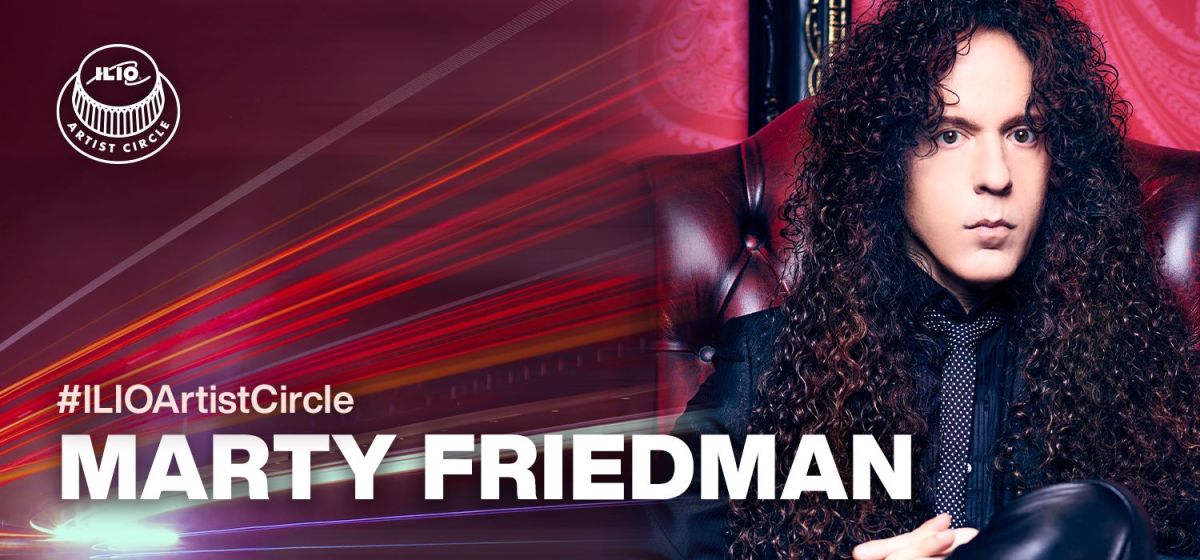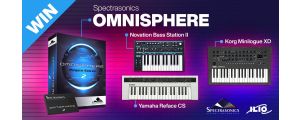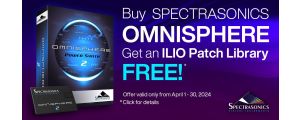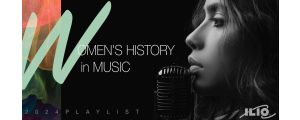Every form of music has players who through a combination of superior technique and emotional awareness rise above their peers and transcend genre. In the world of Metal music, Marty Friedman is one such artist. From his early days as a solo musician and with the group Cacophony, through his years as a member of Megadeth and in the decades since he left that group, Friedman has coupled blinding technical prowess with a poetic touch that at first might seem out of place in a musical genre that can perhaps extol aggression. The result is a wide and compelling emotional range.
Captivated by KISS when he saw them perform at the age of 14 Friedman took up the guitar and started a band with some friends. The group quickly gained the attention of local teens and their practices became impromptu performances. The rest, as they say, is history.
For over a decade Friedman, who speaks fluent Japanese, has lived in that country. In addition to his highly visible presence on the Japanese music scene, Friedman’s Asian appeal has broadened through his work as a television personality and frequent appearances in print.
Distorted guitar is accepted easily in Japan, and that’s really had an effect on my music.
ILIO caught up with the guitar virtuoso on the recent tour of the United States that Friedman and his Japanese band mates conducted. We talked about his history with technology and the newly released TH-U Marty Friedman Pack from Overloud.
You've discussed the prevalence of distorted guitar in Japanese popular music and its roots in traditional music. How has immersing yourself in this rich musical culture influenced the way you shape your own guitar tone and your overall playing style?
Distorted guitar is accepted easily in Japan, and that’s really had an effect on my music. The fact that people of all generations are into it made me want to dig into the sound of the distorted guitar, and try to find that sweet spot that pleases everybody. The TH-U Marty Friedman Pack grew out of that exploration.
Outside of Japan the only people who find the sound of distorted guitar beautiful are fans of hard rock and heavy metal. In Japan everyone grows up with the sound of the shamisen, a string instrument that can be played like a guitar but has a very aggressive sound. It’s been around for generations, so the Japanese ear has been accustomed to harsh string sounds for generations.
What sparked your interest in collaborating with Overloud and the world of guitar software? Can you elaborate on what drew you to their technology and their approach to guitar tone shaping?
I first got into the TH-U platform when I was recording demos for my new record. As Overloud was developing sounds for my signature pack they were sending me tones and I would try them out on the songs that I was working on. I’m not the kind of guy who can try out a sound and say that I like it in a vacuum. I have to put it in the context of actual music. That’s when you know that things are really going to work.
It was perfect timing. Some of the sounds in the prototype of the signature pack, which I recorded at home as I was creating demos, were so good that I may not even re-record the parts in the studio. The sounds are that good. That’s a very rare thing.
I’m not the kind of guy who can try out a sound and say that I like it in a vacuum. I have to put it in the context of actual music. That’s when you know that things are really going to work.
The collaboration with Overloud came out of my relationship with my dear friend Stefano (Stefano "Sebo" Xotta), who recommended them to me. He knows my playing inside and out, especially when it comes to the technology of the guitar itself, and amps, plug-ins and effects. I’m not really that knowledgable about that stuff. I know when I like a sound.
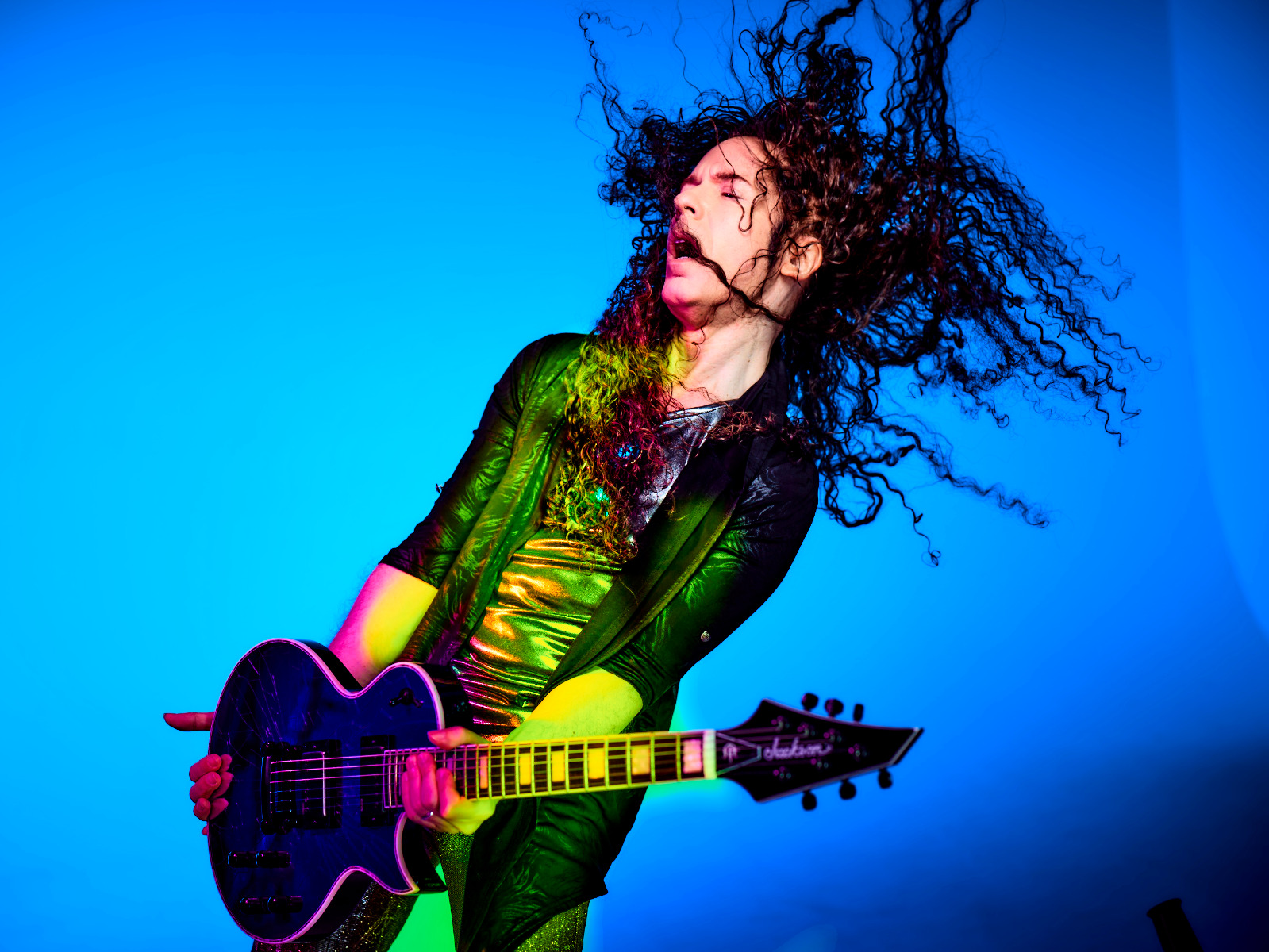
Stefano is one of the few guys who can steer a tone into a way that I like. When he recommended Overloud and TH-U I knew that it was going to be a good collaboration, and he was certainly right about that.
You’ve been making records for quite some time. Have the developments in recording technology changed the way you work?
Recording technology has changed a TON since I first began as a recording artist. I feel that I’m very fortunate to be deeply involved in both areas. Back in the early days of my career there was no ProTools—only pros! Digital recording is the best thing that ever happened in our industry, particularly for guys like me. We had to get things done without the kind of editing, with the options that it brings, that are available now.
It’s great to have the ability to play in an analog environment and yet have the digital technology available to you. It’s really a wonderful time to record.
Back then, if you had a super take you were worried that if you messed around in that area of a track too much something would get erased, or parts of the solo would get clipped off if a punch wasn’t perfect. If you had a magical take you just left it alone. Now, if you have a magical take, you can do a million more takes and try to beat it! It’s great to have the ability to play in an analog environment and yet have the digital technology available to you. It’s really a wonderful time to record.
Given the growing interest in home recording and studio setups among our ILIO customers, could you offer any insights or advice for aspiring guitarists looking to make the most of software and technology in their music production?
The best thing to do with this technology is let it be a creativity tool. It makes things easier; it lets you make music anywhere, on any system. You don’t have to be in a big studio. You can be at home and have great, inspiring tones. That’s the first thing I’d say: Let this technology help you out!
You can be at home and have great, inspiring tones. That’s the first thing I’d say: Let this technology help you out!
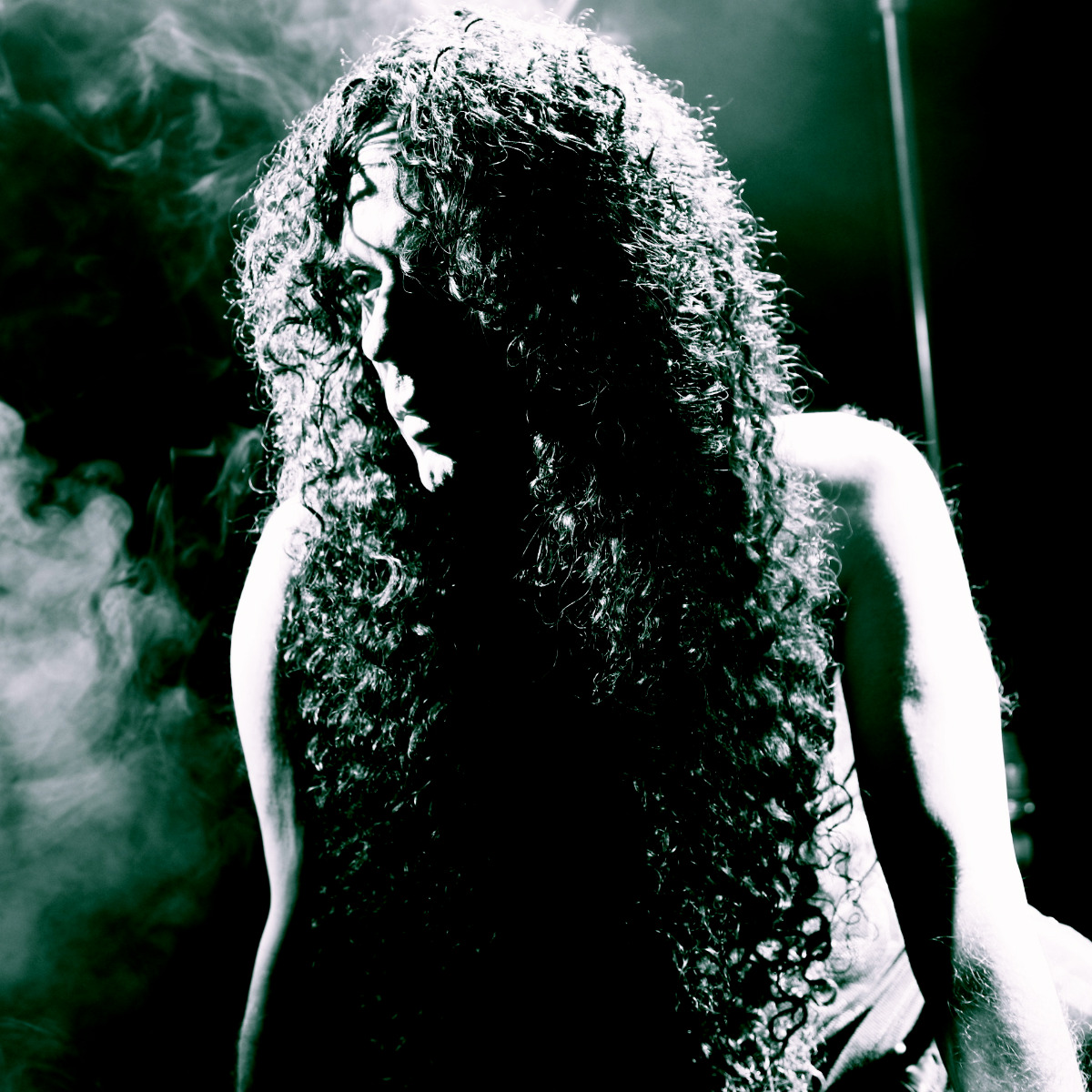
When it comes to effects and tone sculpting, what are some under appreciated or less-known tools, software, or techniques that you've found particularly useful in your recent projects?
With respect to software like the TH-U or any amp simulator software, here’s one tip: use brand new strings! The newer the strings, the more tone you’re going to get out of these things. With real amps you can get away with playing on older strings because the amp air is moving and you get a lot of dynamics that don’t happen in simulators. If you have brand-spanking new strings, simulators are going to give you the best performance that they possibly can. I’ve been doing my demos and some of my final recordings on simulators for a long time. It’s an absolute must to have new strings and change them often in order to get the best sound. It really matters a lot.
If you have brand-spanking new strings, simulators are going to give you the best performance that they possibly can.
It may be too soon for a Marty Friedman retrospective, but looking back, what has been the most rewarding aspect of your long career?
Every aspect of my career has been rewarding. I like to say that 99% of what we do is sweat and hard work, but that 1% of satisfaction, and those fleeting moments of absolute ecstasy, whether it’s playing live and having a great performance or being very satisfied with something you’ve recorded, a small percentage of the entire experience, but when it happens it’s such an absolutely wonderful feeling that it keeps you working. That 1% makes it all worthwhile. Besides, what else are you going to do? This is what we do. We make music!

